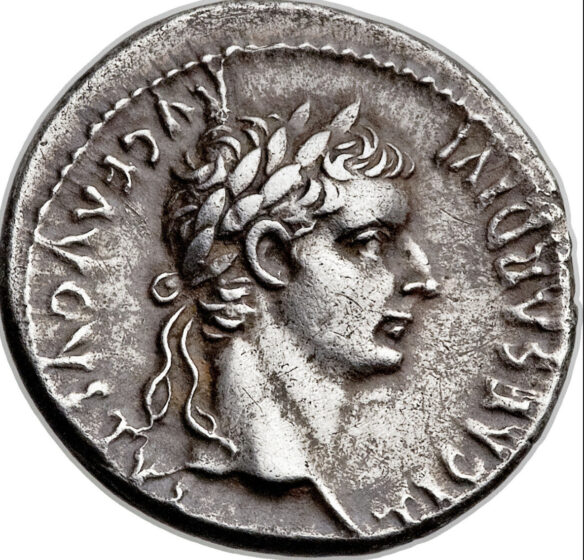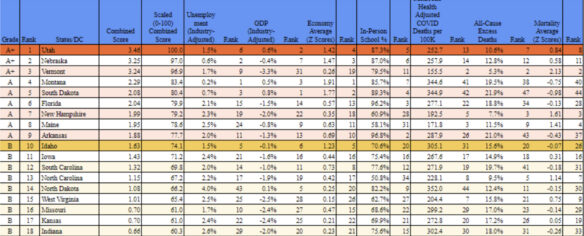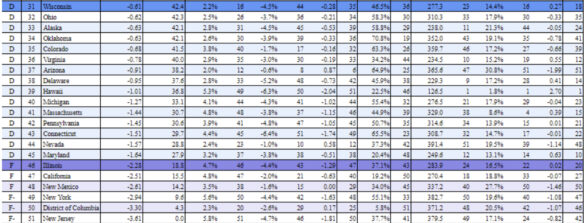Matthew 22:15-22
15 ¶ Then went the Pharisees, and took counsel how they might entangle him in his talk.
16 And they sent out unto him their disciples with the Herodians, saying, Master, we know that thou art true, and teachest the way of God in truth, aneither carest thou for any man: for thou bregardest not the person of men.
17 Tell us therefore, What thinkest thou? Is it alawful to give tribute unto Cæsar, or not?
18 But Jesus perceived their wickedness, and said, Why atempt ye me, ye hypocrites?
19 Shew me the tribute money. And they brought unto him a penny.
20 And he saith unto them, Whose is this image and superscription?
21 They say unto him, Cæsar’s. Then saith he unto them, aRender therefore unto bCæsar the things which are Cæsar’s; and unto God the things that are God’s.
22 When they had heard these words, they marvelled, and left him, and went their way.
Many people today interpret the above passage as Jesus’ justification for taxation. I hear it in discussions all of the time, and in the modern world where Jesus must be used to justify social justice rhetoric, this passage is trotted out constantly by left-wingers and other lovers of taxation.
Any careful reading of this scripture and the Bible in general will, of course, render such a take ridiculous. It is clear that people at the time did not understand this parable to mean Jesus was justifying taxation — just the opposite, as I will show in this post.

The first and most obvious point is that In Luke 23:2, we read that the three charges brought against Jesus were that 1)he was a subversive 2)he was AGAINST paying taxes to Caesar and 3)he claims to be the Messiah. So, if the audiences at the time universally agreed that Jesus was in favor of paying taxes to Caesar (based on the render unto Caesar quotation), the second charge would have never been brought. The “render unto Caesar” quotation is in three of the four Gospels, including Luke 20:25, so clearly it was well known.
So, what is the correct interpretation of this passage? To completely understand it, we must know more about the history of the First century AD, the Roman occupation of Israel and coinage during the time.
The First Century AD was filled with anti-tax protests and uprisings in the Holy Land. There are several non-Biblical reports of Jewish tax revolts in the years before and after Jesus’ death. Judas the Galilean taught at the time that “taxation was no better than an introduction of slavery,” and he said the only legal tribute was to God. One of Pontius Pilate’s primary charges was to prevent more revolts against Roman rule, which is one reason the governor was in Jerusalem during Passover when Jesus was crucified.





